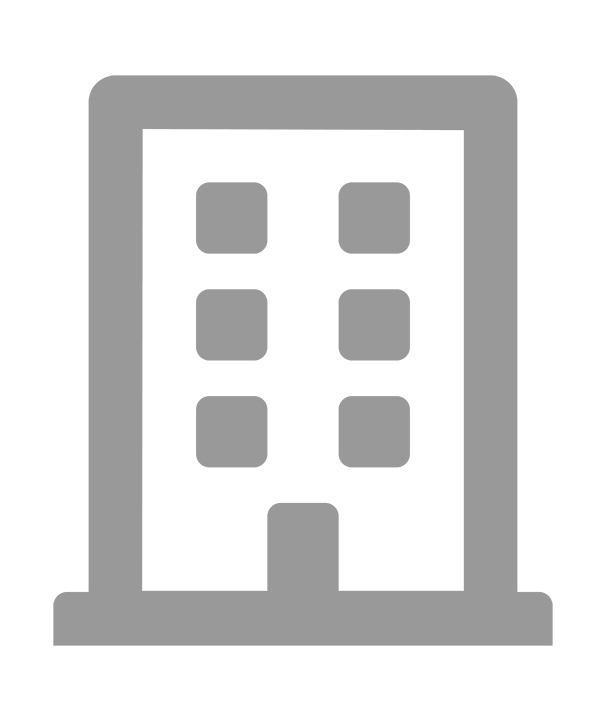
Microjustice4All
Joined June 2013
Microjustice is an innovative way of offering legal services to address the urgent needs of poor people using a market approach to law. It is adapted from the successful Microfinance model. After identifying their demand, quality services (standardized legal services fulfilling these needs) are offered through a distribution network in both urban and rural areas. Legal services for poor people become accessible, relevant, affordable, and sustainable for the first time.
Microjustice4All (MJ4All) sets up local infrastructures (MJ Country Organizations) that provide legal services to persons with lower incomes, opening up a floodgate of opportunities that allows them to end their cycle of poverty and fully participate in society. For example, having identity papers is a pre-requisite to access many basic needs such as health care, schooling, getting a job, protecting home or land, owning a business, receiving social benefits etcetera. The affordable MJ4All solutions encourage the poor to be self-reliant.
Microjustice provides services in obtaining:
(correct) civil documentation
housing and land registration
registration of legal entities (local communities, small business, etcetera)
Furthermore, legal services are offered relating to the above often in family law (inheritance procedures, recognition of children etc). These key areas have been identified as precondition for economic development by the Commission of the Legal Empowerment of the Poor in its report of 20081
MJ’s innovative model addresses these legal needs by providing the legal services demanded at a price level that even poor people can afford, allowing the disadvantaged to access a whole range of opportunities. By doing so, Microjustice also identifies obstacles in the bureaucratic processes, which are reported in order to persuade the authorities to simplify and improve them (lobbying). Microjustice thus builds bridges between the people and their institutions, acting as a go-between to obtain basic legal documents. Special target groups are vulnerable groups and emerging middle classes to enable their economic development and, if needed, to enjoy legal protection.
